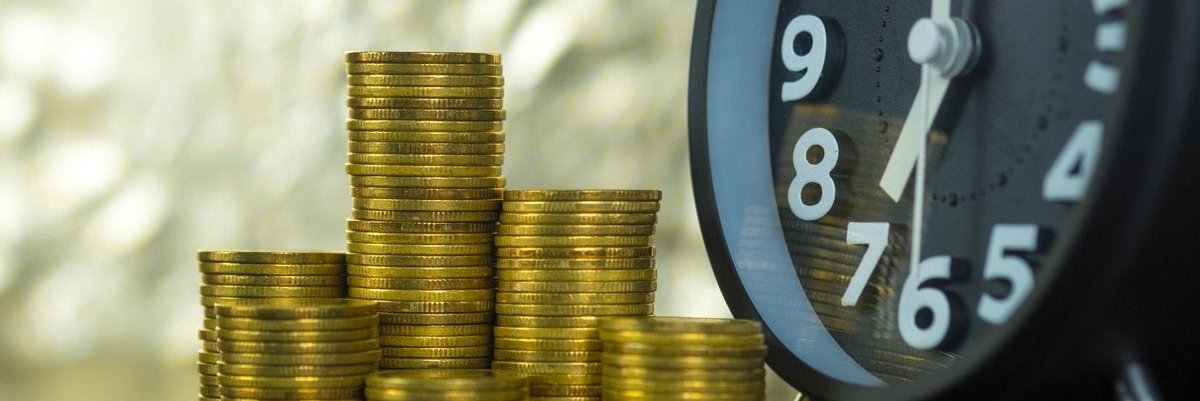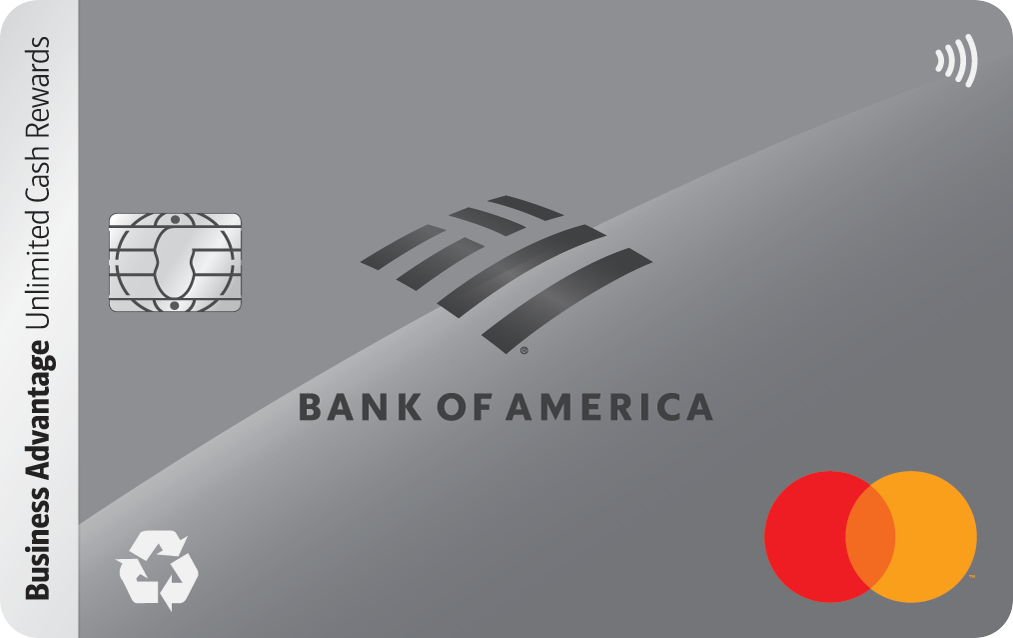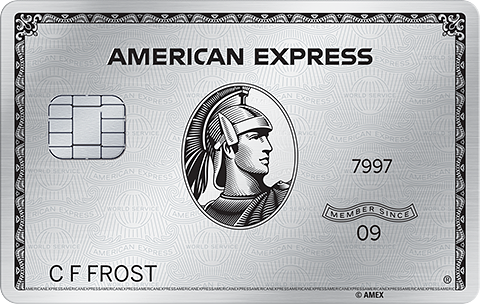Want a Safe 4% Return? Here's How CDs Work

Image source: Getty Images
Earning 4.00% on your savings without any risk sounds too good to be true, right?
But that's exactly what a certificate of deposit (CD) can offer. While the stock market bounces up and down, CDs give you a guaranteed return.
Yes, they're a bit boring and old-school. But they can be a smart move to grow your money over the next year or two.
How CDs work
Think of a CD like a time-locked savings account.
You give the bank a lump sum of money, and in return it promises to pay you a fixed interest rate for a set period of time.
When that period ends (called "maturity"), you get your original deposit back, plus all the interest you earned.
A real life example
In June last year my friend opened a 12-month CD, which had a 4.50% APY.
He deposited $5,000, and patiently waited throughout the year...
Then in June this year, the CD matured. The bank returned his original $5,000, plus $225 in interest.
CDs come in all different shapes and sizes. Terms can range from 3 months all the way up to 10 years, or sometimes even longer.
The key is to pick a CD that matches your timeline and goals. Whether you're saving for a near-term expense or just want a safe place to park extra cash, there's likely a CD out there with a solid rate and term that fits.
For example, let's say you've been saving up cash to buy a new car in late 2026. Check out Synchrony Online CDs. The bank currently offers a standout 15 Mo. CD with a 4.25% APY. If you open this CD now, it will mature toward the end of 2026 when you're ready to get that new car.
Why CDs are so safe
CDs are considered "risk-free" because they come with FDIC insurance. This means your money is protected up to $250,000 per person, per bank.
So even if the bank fails, the government guarantees you'll get your deposit back.
That's a big deal when you compare CDs to other investment types like stocks, bonds, or real estate investments. With those, your returns aren't guaranteed at all.
The stock market can drop 20% in a year. Bond values can fall when interest rates rise. Even "safe" index funds fluctuate daily.
With a CD, you know exactly how much you'll earn, and your original deposit is protected no matter what happens in the economy or financial markets.
The only trade-off is that your money is "locked" during the CD term. If you withdraw early, you'll likely pay a penalty that eats into your interest.
Want a deeper dive? Read our complete guide to how CD's work.
How to choose the right CD for you
Here's how to pick a CD that lines up with when you'll need access, and how to score the best APY.
1. Choose the right term length
Think about your financial goals within the next few years… When will you need access to your cash again?
Here's a general guide that might help:
- 6-12 months CDs: Great for near-term expenses, like a big upcoming tax bill, or next year's tuition payment.
- 1-3 year CDs: Ideal for medium-term goals, like an upcoming car purchase. Or retirees that want to plan guaranteed income for the next few years.
- 3-5 year CDs: Best if you can afford to lock up funds longer, and you're not planning to touch the money until a future goal.
2. Look for competitive rates
Banks and credit unions set their own CD rates. And there's a wild range out there. Your goal is to find the absolute best rate possible, with a bank you trust.
While the national average for a 12-month CD is just 1.63% APY (as of Aug. 2025), some top online banks are offering 4.00% to 4.25% APY.
Our experts have already done the heavy lifting, rounding up the best CD rates from trusted banks so you don't have to.
3. Know the minimum deposit requirements
Some banks let you open a CD with as little as $100. Others might require an upfront deposit of $1,000 or more. Just make sure whichever CD you choose has a minimum that fits your budget.
4. Check the early withdrawal penalty
Every bank has its own penalty rules. Usually, if you pull money out of a CD early you'll forfeit a few months of earned interest.
But it's always worth reading the fine print, just so you know what to expect in a scenario where you need access to your cash. And if you're not sure about committing to a long term, choose a shorter-term CD to be on the safe side.
Don't miss out on 4.00%+ yields
The best CD rates are still hovering above 4.00% right now. But they won't stay there forever. The economy is shifting and interest rate cuts are widely expected to happen as soon as next month.
If you've got extra cash sitting in a low-yield account, now's the perfect time to lock in a guaranteed return.
Want to see which CDs offer the highest returns right now? Browse our expert picks for the best CD rates here and start earning more on your savings.
Our Research Expert



